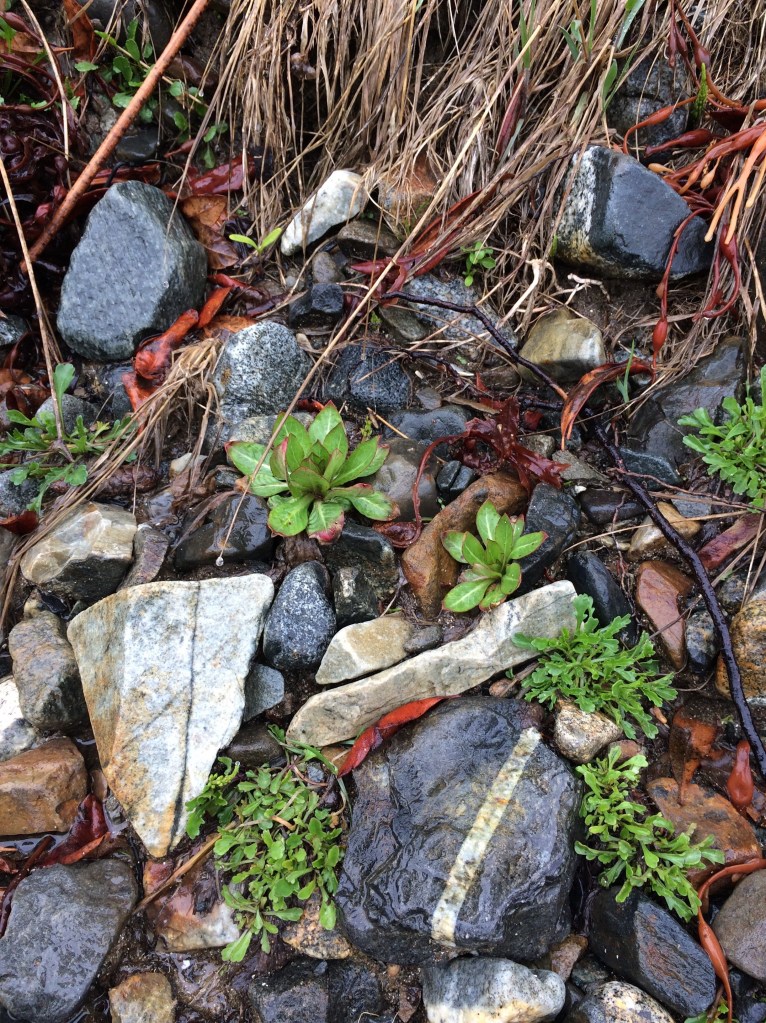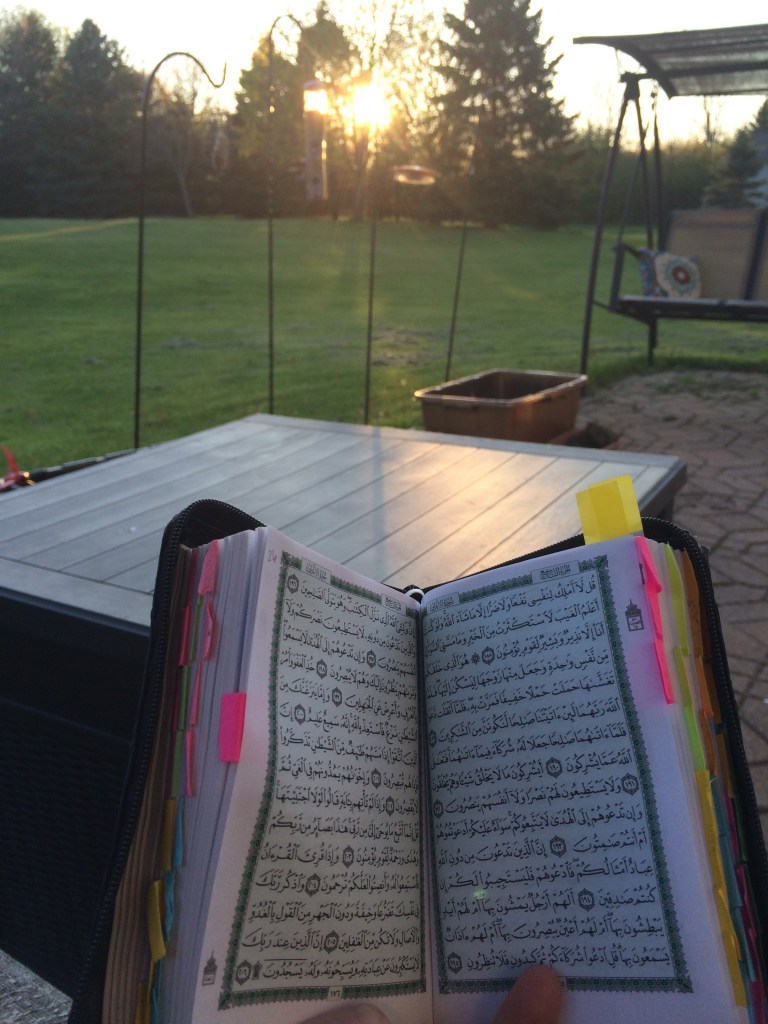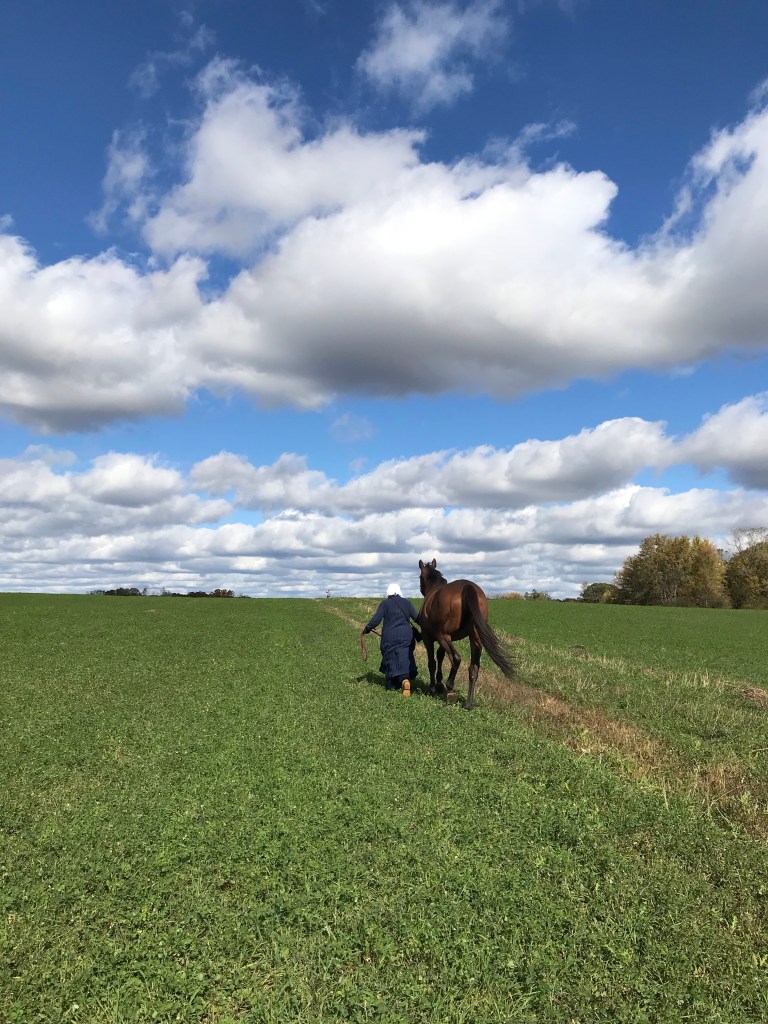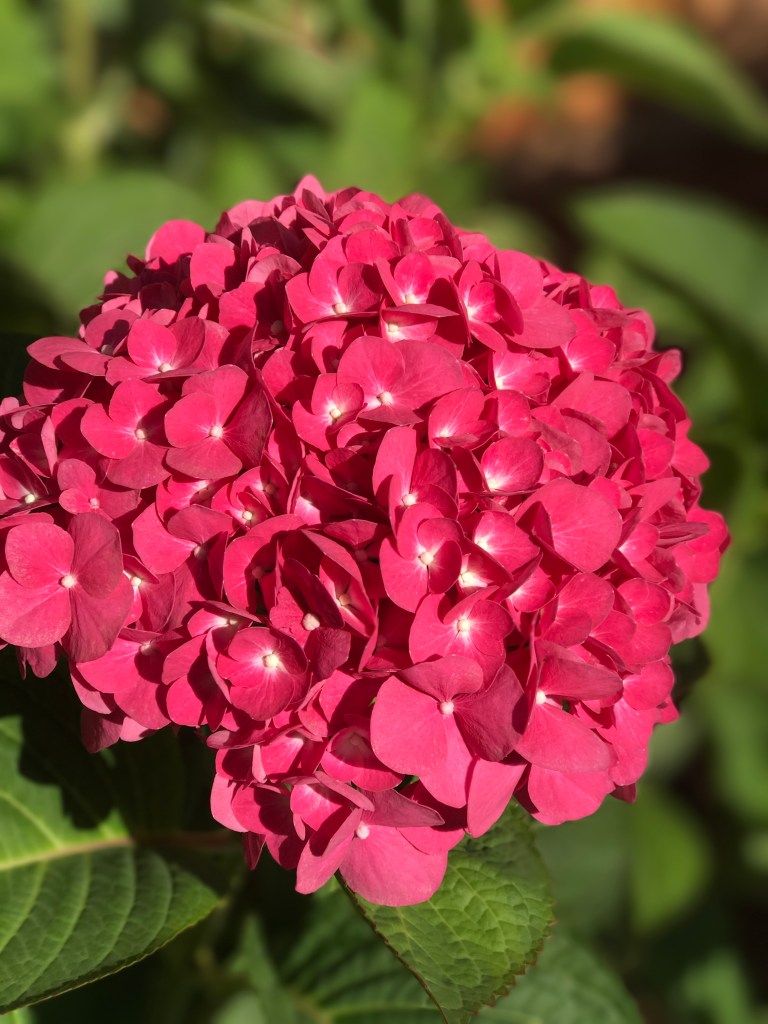
Part of a series on common pitfalls of converts. See Part 1 Here:
One Right Way Syndrome
Our newfound passion for Islam can lead us to make sweeping changes and adopt strict practices, including ones not commonly practiced by most “born-Muslims.” In the beginning this “going hard*” can feel SO GOOD.
In our great love and enthusiasm for Islam, we want to do everything at once, implement every rule, try every practice, and dive head first into being what I call (a la Nestle) The Very Best Muslim.
The problem is that “going hard” can result in burnout, disillusionment and alienation.
Burnout: Sudden, drastic life changes and strict rules are difficult to maintain over the long term. They often lead to physical, mental, and spiritual exhaustion which sets us back even further than we started.
Disillusionment: Practicing very strictly can give a person an initial “spiritual high” but this feeling wears off. When this happens we can feel that there is no hope for us to ever “feel it” again because we have “done it all.”
Some of us also trick ourselves into believing that True Religion and True Islam are found ONLY in those strict practices, and if we can’t sustain those strict practices then we can’t be a true or good Muslim anymore. If we can’t do everything exactly right, we feel we have failed and might as well stop trying.
Other people “bargain with God” and believe that God will reward us for our strict behaviors with money, relationships, or other forms of worldly success. When this doesn’t happen, we become disillusioned.
Alienation: Strict practices can drive wedges between us and our non-Muslim families as well as other Muslims. Very strict people are often difficult for both Muslims and non-Muslims to relate to because we aren’t trying to be “normal people” anymore, we are trying to be “super-people.” This further erodes our ability to make friends, fit in, and find support.
We may give up doing things that we once enjoyed (often unnecessarily) such as sports, art, music, television, holidays, or other activities. This causes us to become bored, unfulfilled, lacking identity, and lonely.
In extreme cases, some converts have experienced loss of employment, housing, and long-term relationship damage due to strict practices.
What are some “benefits” we might get from “going hard?”
Feeling Confident and Stable Converting to Islam can be “social suicide” according to Sh. Suhaib Webb, and he suggests that “going hard” can compensate for our lost stability and security. Instead of relying on our old families, communities, cultures, hobbies, and other sources of identity, we use our newfound outer labels and as our source of stability.
Muslim Street Cred “Going hard” can also be a way to “prove ourselves” as Muslims. Strict practices, especially if the are things other people can see like wearing “Muslim” clothing can help us feel accepted as “real” Muslims. Some practices may make us feel part of an “in crowd” in certain groups or sects.
Feeling Knowledgeable and (Yes-) Self-righteous So many people in the world of a new convert are telling them that they’re wrong: Their non-Muslim friends and family on one side, and often the Muslim community on the other. Adopting (and often promoting as well) strictness makes us look and feel confident and that we know what we are doing. Self-righteousness is often a defense mechanism against being criticized and corrected and a way to rescue our self-esteem.
Instant gratification The real inner work of being Muslim-implementing our daily salah, spiritual development, giving up haram things, getting therapy for our issues, tackling negative habits- is a long, hard road. Taking on strict external practices can make us feel accomplished, and give us a sense of instant gratification. This is one reason why it is not uncommon to find a woman interested in wearing niqab who is barely praying or not praying at all.
A Clean Break We can also adopt strict practices because we want to “make a clean break” from our pre-Islam identity, particularly if it involved a lot of sin or dysfunction. Strictness becomes part of our “new identity” or even serves as an outward rejection of our “old” lives.
Tips for finding a healthy balance
Diversify your people There is an art to finding a social group that can both support you in a healthy way but also encourage you to be a better you. Diversify your Muslim friends, teachers, and acquaintances. If you are active on social media or online groups, diversify the accounts you interact with. Stay away from groups and teachers that make you feel like you are “behind.”
Be honest with yourself You can’t have spiritual development or a relationship with God if you aren’t honest with yourself about your real intentions. Be willing to look DEEP. Don’t buy into the lies that you’re just “angry for the sake of Allah” or “enjoining the good and forbidding the evil.” Very few people in the whole world, even among the best and most knowledgeable people, have completely pure intentions.
Keep an eye on your mental health and wellness Many of the reasons for wanting to “go hard” in religious matters are based in common mental health concerns, addiction, or unhealthy coping habits. A healthy connection to God and religion are helpful parts of dealing with personal issues, but there are also unhealthy ways of using religion to “bypass” dealing with our personal problems.
Avoid public attention Fame is a trial that few survive. Read that again. Read it a third time. Memorize it. People love to give attention to converts, especially online, and especially when converts take on emotional or controversial topics. Argumentation, public attention, and placing yourself in the role of “guide” or “instructor” are all soul-killing and dangerous for you and the people who listen to you when you don’t have the spiritual development and support you need to manage those roles.
As you learn more, you may find yourself wanting to try practices that require more intensity or commitment. Here are some tips for trying out new things.
- Check your intentions and ask yourself why. Be honest with yourself. If it is a “visible” practice that other people will see you doing, ask yourself if a practice that other people cannot see you doing wouldn’t also serve the purpose.
- Look deeply and ask yourself if you may be adopting this practice to compensate for a lack of a more foundational practice such as salah, reading Qur’an, or learning.
- Discuss your ideas with Muslims of different backgrounds and ask them if they would consider doing that practice and why or why not.
- Go gradually. Give yourself time to experiment without commitment. .
- Do not attach your self-worth as a Muslim or a human being to your new practice.
- It’s okay to dial back the intensity. If you can’t keep doing it, there is no shame in stopping.
- Establish your personal values about nonnegotiable practices: For most people this is the five times daily salah.
- Keep an eye on your social group. Will you feel judged and lowered in status if you decide you can no longer do it?
Religious rules and practices exist in Islam not as empty performances but as ways to connect to Allah and strengthen ourselves through that relationship. It can take years or even decades of learning and experience to reach higher levels of spiritual achievement. This is why foundational practices and learning are the most important places for any Muslim to invest their time and effort.
The Prophet (S) said “This religion is deep so delve into it gently.” [Ahmad] He (S) also said “The most beloved actions to Allah are those which are regular/consistent, even if they are small.” [Ibn Majah]
In the beginning years of your faith, focus on deepening your learning and reflection while staying consistent in the most important required deeds such as salah and regular duaa, dhikr, and reflection. Staying away from recognized haram such as alcohol, drugs, and inappropriate sexual behaviors and images should also be a priority. Work on cultivating relationships with different types of Muslim friends and mentors while developing an integrated personality. Continue enjoying halal activities you have always enjoyed whether it is in athletics, the arts, your job, nature, etc., and find ways to continue to enjoy quality time with your non-Muslim family whenever possible.
As the years pass and you grow in knowledge, experience, and wisdom inshallah you will gradually acquire the tools to decide what practices are right for you and what you need to maintain a strong and healthy relationship with Allah and practice of Islam.
* (Note: I am borrowing this term from Sh. Suhaib Webb.)










